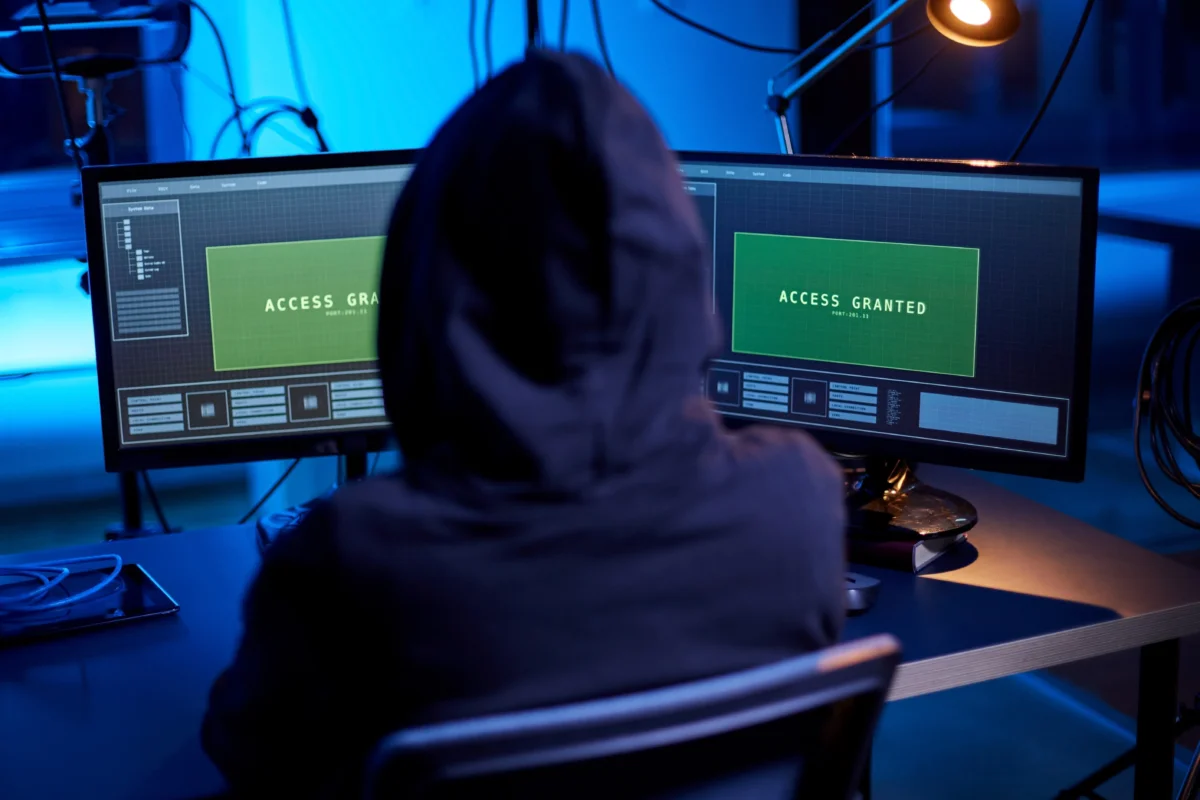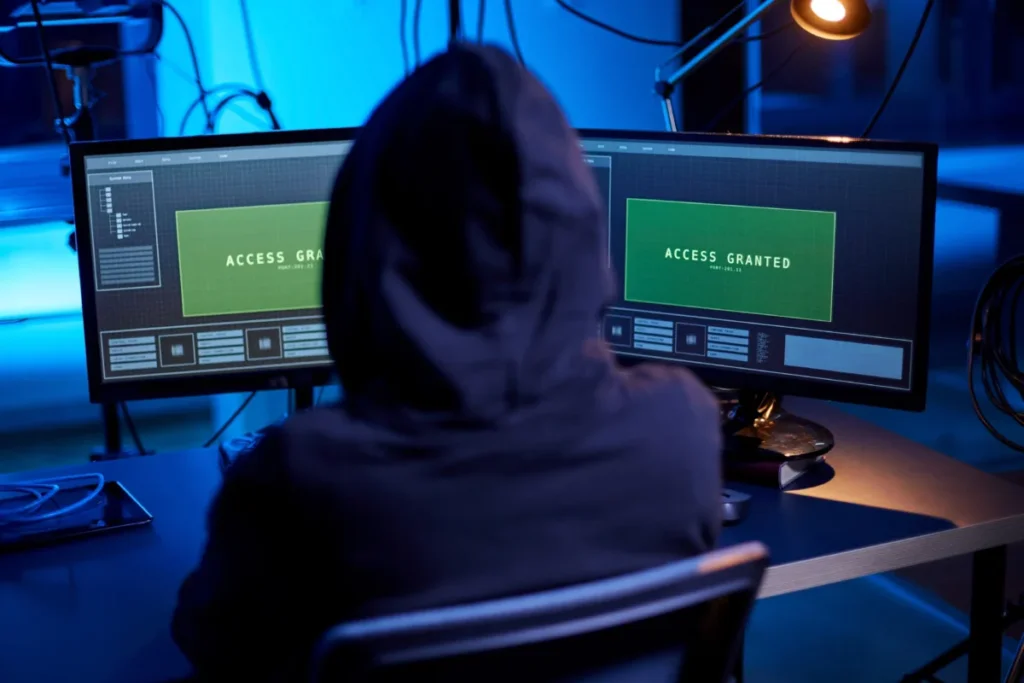When ransomware hackers from the Akira group targeted British transport company KNP, no one expected the entire business to fall apart due to one weak password. The Northamptonshire-based firm, which operated a fleet of 500 lorries under the Knights of Old brand, has sadly ceased trading, reports the BBC.
A vulnerability that cost £5 million
According to investigators, the cybercriminals gained access to KNP’s IT systems by guessing an employee’s password. Shortly afterwards, they locked the company out, encrypting critical data and halting operations.
“If you’re reading this, it means your company’s internal infrastructure is entirely or partially dead. Let’s keep the tears and grudges to ourselves and try to build a constructive dialogue,” read a message sent to staff by the hackers.
The ransom amount was not disclosed, but negotiation experts estimate it could have been as high as £5 million. For KNP, paying such a large sum was not an option. With no access to its data and unable to function, the company collapsed — leaving 700 employees without work.
Further reading: This mistake could cost your haulage business €5,000. And Germany’s not messing around
KNP’s director, Paul Abbott, admitted that while the firm had cyber insurance and complied with industry IT standards, it was not equipped to withstand such a sophisticated attack.
Abbott is now calling for mandatory cybersecurity audits across businesses — likening them to an “MOT” for IT systems.
Experts raise the alarm: ransomware is now routine
According to the UK’s National Cyber Security Centre (NCSC), there are currently around 40 serious ransomware attacks per week across the country.
“This is the biggest cyber threat we face,” warned James Babbage of the National Crime Agency (NCA), in comments to the BBC.
The figures are stark: more than 19,000 UK businesses were attacked in 2023. The average ransom demand is £4 million, and one in three companies chooses to pay — often without reporting the incident to the authorities.
In case you missed it: Drivers offered container sleep pods at logistics centre
Why does it keep happening?
Attacks are becoming easier to carry out. Advanced technical skills are no longer necessary — cunning and access to dark web tools are often enough. In some cases, cybercriminals simply impersonate IT staff and extract login credentials over the phone.
Suzanne Grimmer of the NCA notes that a new generation of cybercriminals is emerging — one that has developed its skills playing video games.
“They know how to outsmart both systems and people, and they’re effective at it,” she says.
The transport and logistics sector must take note
The fall of KNP is a wake-up call for the entire transport sector. Logistics operations are increasingly reliant on IT systems, yet cybersecurity often remains inadequate.
“We need organisations that take cybersecurity seriously,” stresses Richard Horne, head of the NCSC.
If nothing changes, warnings about “catastrophic ransomware attacks” will no longer be hypothetical. As KNP’s case shows, a single password can be all it takes to bring down a long-standing business.
In case you missed it: Need EV chargers at your depot? Don’t miss this £1 million EV charging grant











